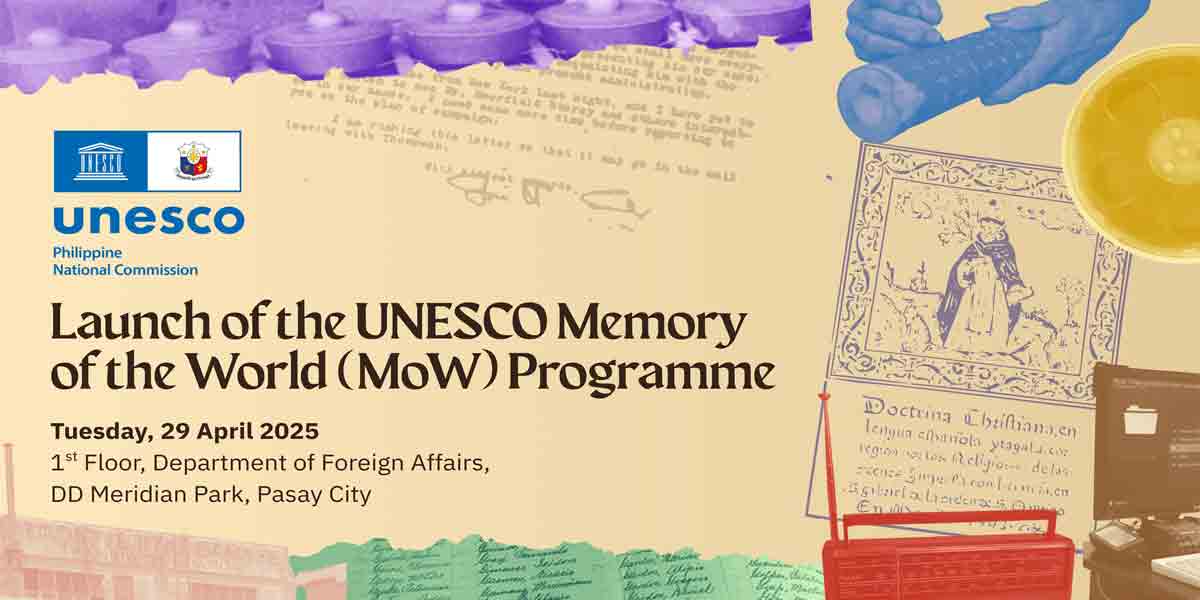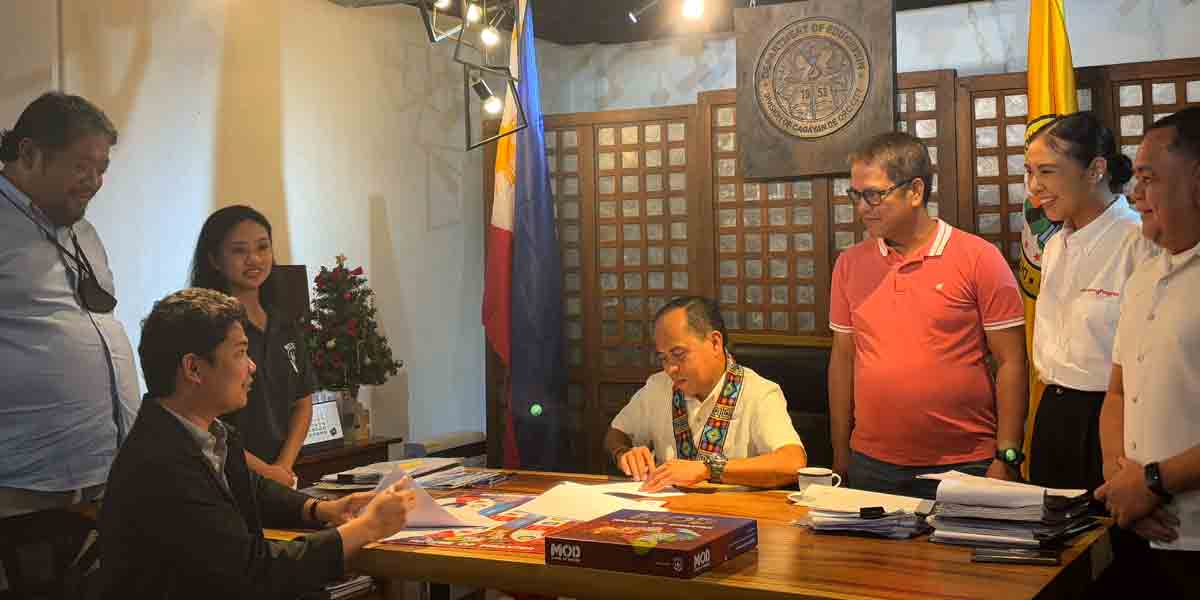
By John Noel E. Herrera
The Department of Agriculture in Western Visayas has improved the skills of over 6,000 farmers in the region as the agency has produced a total of 6,424 graduates with its “School On Air on Smart Rice Agriculture” (SOA-SRA) program this year.
The SOA-SRA is a continuing radio-based distance learning approach that seeks to widen the understanding and adoption of farmers on climate-smart rice production technologies anchored on the PalayCheck System.
The Food and Agricultural Organization of the United States( FAOUS) defined PalayCheck System as a rice Integrated Crop Management System for transplanted irrigated lowland rice farming which integrates and balances relevant technology and crop management options with farmers’ learning to improve productivity and profitability in an environment-friendly manner.
The SOA-SRA program was able to produce 33 lectures through radio and social media from May to October 2022 which aimed to increase farmers’ technology adoption level, ensuring higher production and rice self-sufficiency in farming communities “with no more than four metric tons per hectare average yield.”
SOA-SRA featured topics from seed selection to land preparation, pest, nutrient, and water management, harvesting and post-harvesting, discussions on crop insurance, marketing and trading opportunities for rice, and digital rice applications.
The five-month-long on-air learning study also emphasized the necessity of following climate-smart agricultural practices to allow favorable palay output despite natural calamities like drought, typhoon, and flooding, as well as the incidence of pests and diseases.
SOA coordinator Nikki Gallego said that Western Visayas topped nationwide with the highest number of farmer graduates during the second season of the SOA-SRA program as Aklan produced 632 farmer graduates, Capiz with 1,603; Iloilo with 1,656; Guimaras with 172; Antique with 783, and Negros Occidental with 1,578 farmer graduates.
“I appreciate the efforts of our AEWs (agricultural extension workers) who visited the barangays and played the pre-recorded broadcast materials using speakers or public address system, particularly in communities hardly reached by radio signals and with low to zero internet access,” Gallego added.
Some graduates of the program also said that they learned a lot from the lectures as they now shifted their perspectives and practices in rice farming.
“Sa subong nga tuig, daw nami amon panubason bangud nagpabor ang tiyempo kag nakabulig sa amon ang natun-an sa SOA-SRA. Kabay nga magpdayon ang diya nga programa kag mahatagan pa sang gobyerno sang dugang nga bulig ang mga mangunguma,” said Espiridion Novo, graduate from Cabatuan, Iloilo.
“Sang una, nagapalagpat lang ako sa pagpanguma. Subong, nahibaluan ko na ang nagakaigo nga paggamit sang abono kag pagpatubig. Ginasulat ko sa akon notebook ang tanan nga ginatudlo sa School On Air para mangin madinalag-on ako sa akon pagpanguma,” said Zennie Daguoc of Dingle, Iloilo.
DA Western Visayas Regional Information Officer James Earl Ogatis also emphasized that radio remains a pervasive communication medium in dispersing technological information and updates to farmers.
He also commended the persistence of farmers in planting rice despite the unprecedented increase in the cost of production inputs and the declining farm price of palay.





















